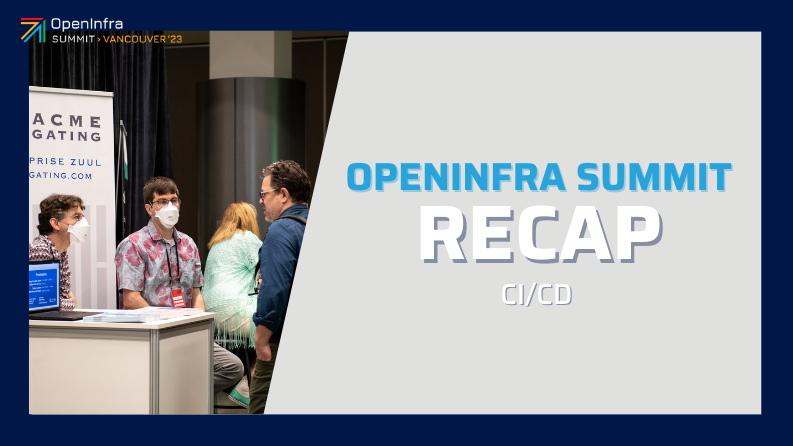The Zuul team recently attended Ansiblefest in Atlanta in September. We had the opportunity to meet loads of people who were excited to find out and learn more about Zuul. With that in mind, we compiled some of the most common questions we received, to help educate the public on Zuul, open source CI, and project gating.
If you’re interested in learning more about Zuul, check out this presentation that Ansible gave about how they put Zuul open source CI to use.
Now, let’s look at the questions we heard at the Zuul booth and throughout AnsibleFest.
How does Zuul compare to…
Jenkins
Zuul is purpose built to be a gating continuous integration and deployment system. Jenkins is a generic automation tool that can be used to perform continuous integration (CI) and continuous delivery (CD). Major differences that come out of this include:
- Zuul expects all configuration to be managed as code
- Zuul provides test environment provisioning via Nodepool
- Zuul includes out of the box support for gating commits
Molecule
Molecule is a test runner for Ansible. It is used to test your Ansible playbooks. Zuul is an entire CI system that leverages Ansible to run its workloads. One of the workloads that Zuul can run for you is Molecule tests.
Tower
Zuul is designed to trigger continuous integration and deployment jobs based on events in your code review system. This means Zuul is coupled to actions like new commits showing up, reviewer approval, commits merging, git tags, and so on. Historically Tower has primarily been used to trigger Ansible playbooks via human inputs. Recently Tower has grown HTTP API support for GitHub and Gitlab webhooks. While these new features overlap with Zuul you will get a better CI experience through Zuul as it has more robust support for source control events and supports gating out of the box.
Is Zuul a replacement for Jenkins?
For some users, Zuul has been a replacement for Jenkins. Others use Zuul and Jenkins together. Zuul intends to be a fully featured CI and CD system that does not need Jenkins to operate. Additionally you do not need Jenkins to get any additional features in Zuul itself.
Does it work with GitLab or Bitbucket?
Can I self host my Zuul?
Absolutely. Zuul is open source software which you are free to deploy yourself.
Can I run Zuul air gapped?
To function properly Zuul needs to talk to your code review system and some sort of test compute resources. As long as Zuul can talk to those (perhaps they are similarly air gapped), then running Zuul without external connectivity should be fine.
Is there a hosted version of Zuul I can pay for?
Yes, Vexxhost has recently announced their hosted Zuul product.
Can I pay someone for Zuul support?
You can use Vexxhost’s managed Zuul service. The Zuul community is also helpful and responsive and can be reached via IRC (#zuul on Freenode) or their mailing list ([email protected]).
What’s the catch? What’s your business model? How do you expect to make money at this? Is this project venture-capital backed? Are you planning an IPO any time soon?
Zuul is a community-developed free/libre open-source software collaboration between contributors from a variety of organizations and backgrounds. Contributors have a personal and professional interest in seeing Zuul succeed because they, their colleagues, and their employers want to use it themselves to improve their own workflows.
There is no single company backing the project, it’s openly-governed by a diverse group of maintainers and anyone who’s interested in helping improve Zuul is welcome to join the effort. Some companies do have business models which include running Zuul as a service or selling technical support for it, and so have an incentive to assist with writing and promoting the software, but they don’t enjoy any particular position of privilege or exert special decision-making power within the project.
If you’re interested in learning more about Zuul, check out our FAQ, read through our documentation, or test it yourself on a local install.
- Zuul Community Answers Questions around Open Source CI at AnsibleFest - October 16, 2019

)










